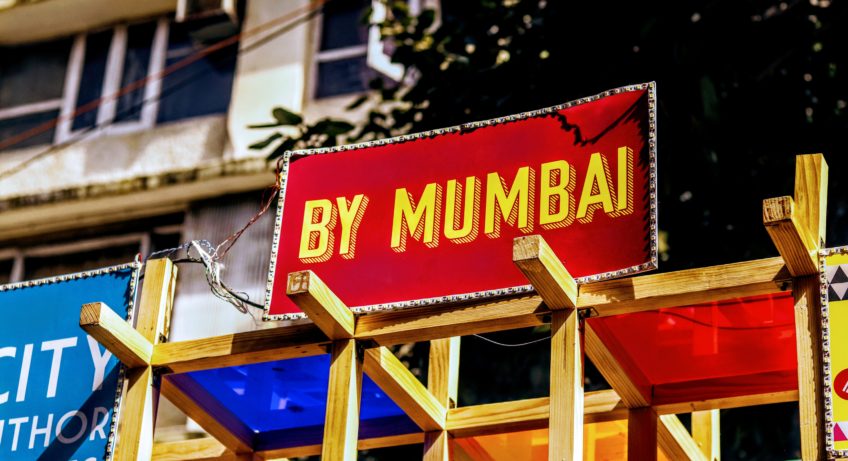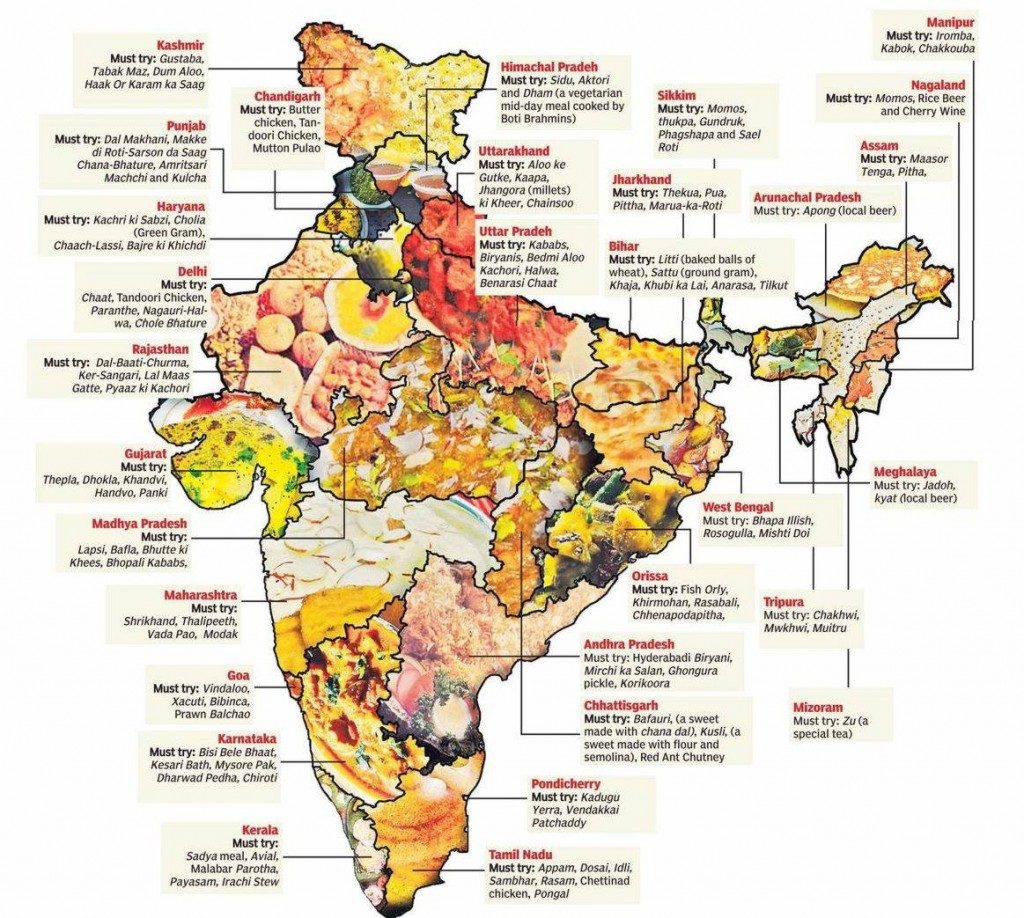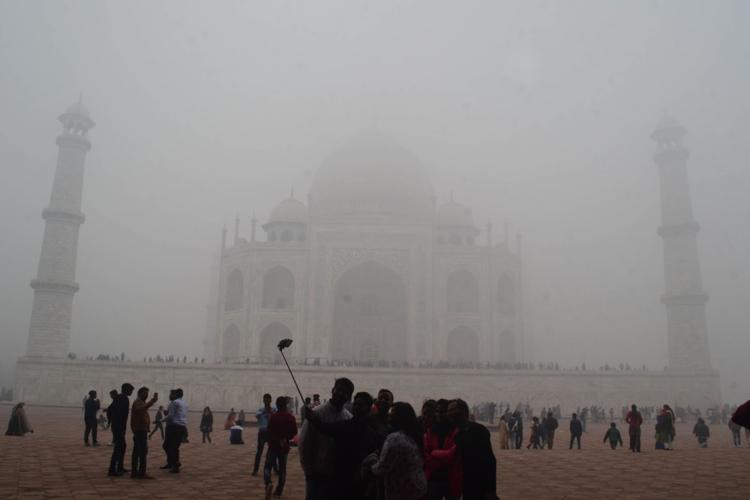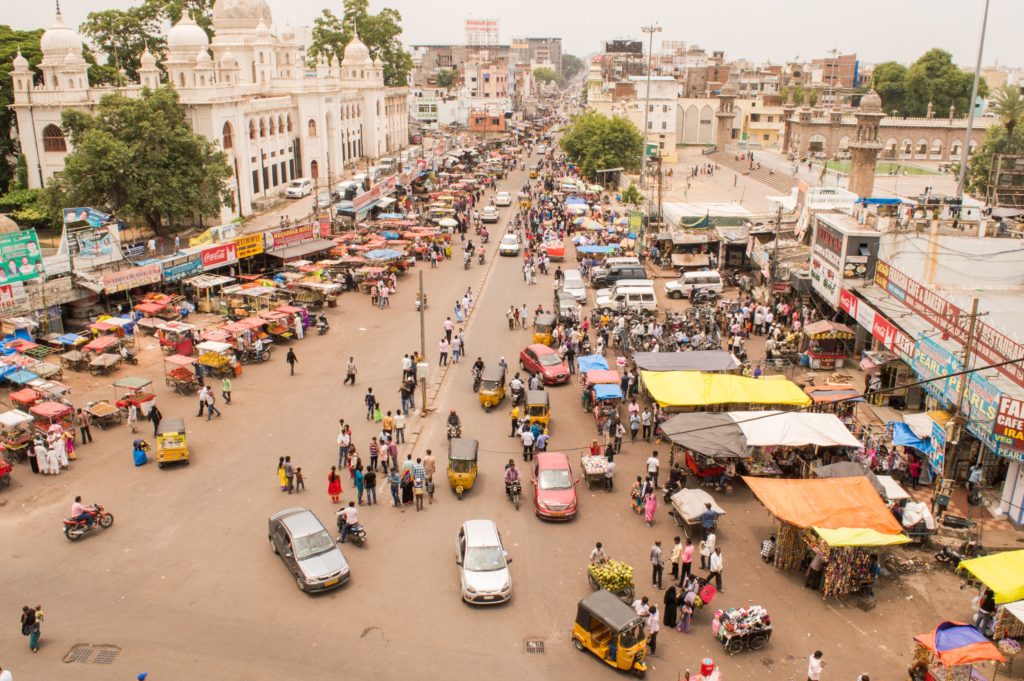India is one of the most diverse nations in the world, where you can find people of many different religions, caste, culture, and so on. Even going from one state to the other may feel like going from one nation to the other.
The above image shows one area of diversity, which gives you a hint of different eating habits of India. The source reveals that the number of foreigners visiting India is increasing every single year, and it witnessed the arrival of over 10.5 million tourists in 2018.
Source: Humanium
You will get a chance to experience everything from historical sculptures to adventure to heritages in India. However, there are some critical things that you must know before you fly to India.
By the way, you can consider visiting Nepal as well if you are fond of adventure. It is a neighbouring nation of India and shares an open border with it. Besides Mount Everest, it also boasts a significant share of the top 10 highest peaks in the world. The tips that I’m about to share will be somewhat useful for Nepal as well.
What are the top 8 things you must know before heading to India?
At first, you would want to check out the airline deal like by Googling United Airline cheap flights, British Airways flight offers, Qatar Airways booking deals, and many more to get the best available offer. You can use that saved money elsewhere in the place that you are visiting.
Let’s get back to the main topic of discussion and check out the eight things that are crucial to know before going to India.
Smog is real
You will experience the worst form of air pollution if you visit some cities in India. As per the report, New Delhi stands out as the most polluted place in the world (Source). The condition of Mumbai, Agra, and Kolkata are also in the danger zone, so you must know how to save yourself from the harmful pollutants in the air.
For those who are willing to visit Taj Mahal should also be careful, as you can view smog in that region.
Image Source: Indiawest
However, some things can help you survive the terrible air quality of those areas. The first thing you must do is bring a face mask with you of N95 rating or higher. The worst air condition is in the winter season, but if you want to visit in summer, you must be willing to experience the scorching environment.
Modesty is a requirement in many places
You may have roamed around your site with shorts and open dresses, but it is not suitable in many parts of India. Religion is an integral part of many people’ lives, and it can be offensive to many people if you dress openly in many regions of India.
One of the smart things to do is research in advance about the state that you are about to travel and dress accordingly. The two major religions of India are Hinduism and Islam, and the followers of both faiths somewhat expect conservative dress, so keep that in your mind. You can dress up like locals when visiting areas near mosques and temples.
Having a fair skin is not so common in India
The people in many areas of India do not often see white blonde people on the street. You should not feel strange if locals ask for a selfie with you. However, there can also be times when men would want to take advantage of you by telling you that they are there to take a snap with you. So, this asks for some precautions from your side.
If you see men trying to come close to you and touch you, politely decline their request or prepare for playing defence.
Prepare yourself for extreme traffic conditions
India is well on its way to being the most populous nation in the world, and it is expected to surpass China in a matter of a few years. Due to the high population density in urban areas, there is a problem of extreme traffic jam.
Image Source: Unsplash
You can expect a lot of stop signals along with a considerable number of vehicles in many areas. Sometimes things can get worse, as you will see people not caring about traffic rules, breaking signals, not wearing helmets, and so on.
Do not miss out on a variety of cuisine
You will find a lot of variety of dishes in different states of India. You will miss out on giving your taste buds a treat if you do not look around for different kinds of foods in the place. Check out the image in the first section of this article to know more about the many types of foods that are available in India.
Bargain
You will end up paying more than usual if you do not bargain in India. The retailers, by default, raise the price of the product when keeping it on their shop for sale. Due to that reason, be ready to bargain before purchasing the product.
However, there are some goods and services, where there is no need for a bargain. Consult with locals and ask about it for more information. With that said, it is going to be a unique experience for someone who is bargaining for the first time.
Know that scammers are around you
The living standard of locals in India is not so high, which is the reason they are looking to make quick bucks. Some people think that the best way to earn a considerable amount of money easily is by scamming foreigners who are not much aware of the country, so you must keep that in your mind from the moment you land in India.
There is a chance that the taxi driver can ask for more money when you ask them to take you to the hotel. Furthermore, you could also encounter invalid SIMs, unofficial guides, retailer trying to charge more, and so on.
Do not rely on credit cards
Most of the people in the developed parts of the world rely on their cards when travelling. However, you must keep in mind that most of the transactions in India and other South Asian nations happen in paper money.
There will be plenty of cases where you will need to pay a few rupees (like a few cents in USD) in many shops. The restaurants in an urban area accept a card for payment, but you cannot expect that in rural and Himalayan regions.
Also, the ATMs could run out of cash at times, so it is better to carry some money beforehand.
My Final Take
Like many nations, there are both good and bad things in India. However, the developing countries have more share of challenges, which is the reason why it is essential to take extra precautions when you are visiting India or some other South Asian nations.
However, if you get your information in advance like you are doing now, you have a higher chance to avoid all the hassles, while you are in a foreign nation. I hope you have got some useful insights from this resource that will allow you to take a wiser decision. Is there any other thing that you want to add here? If yes, do share your insights with our community.




